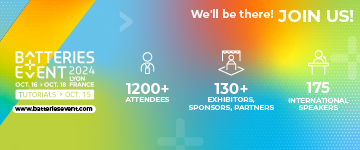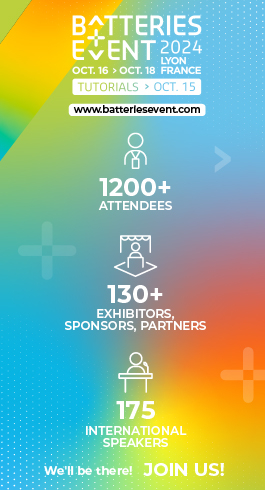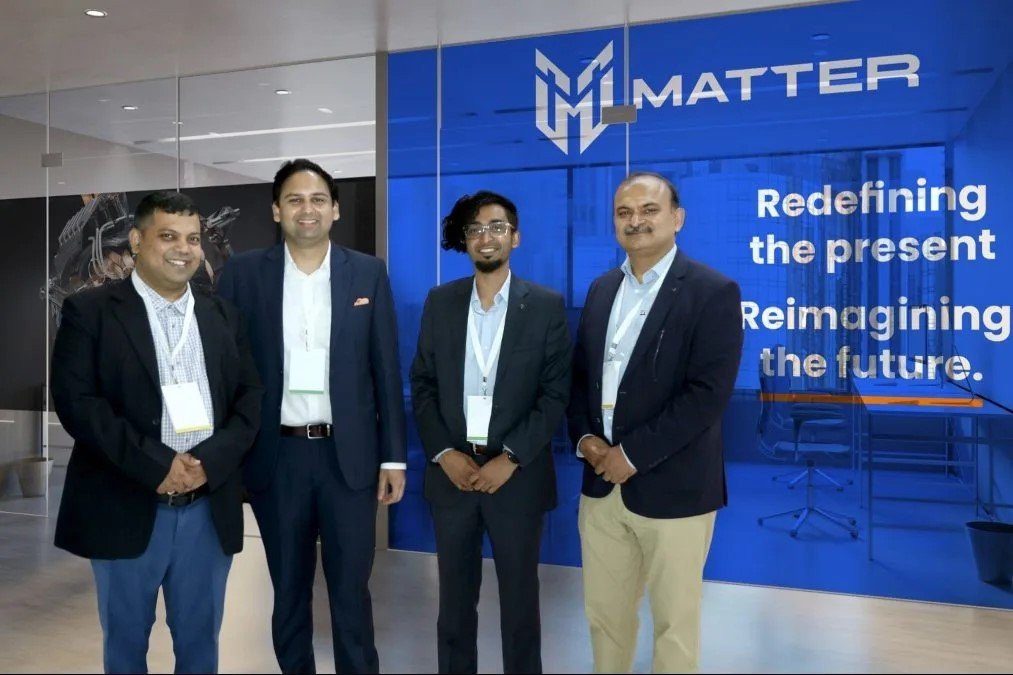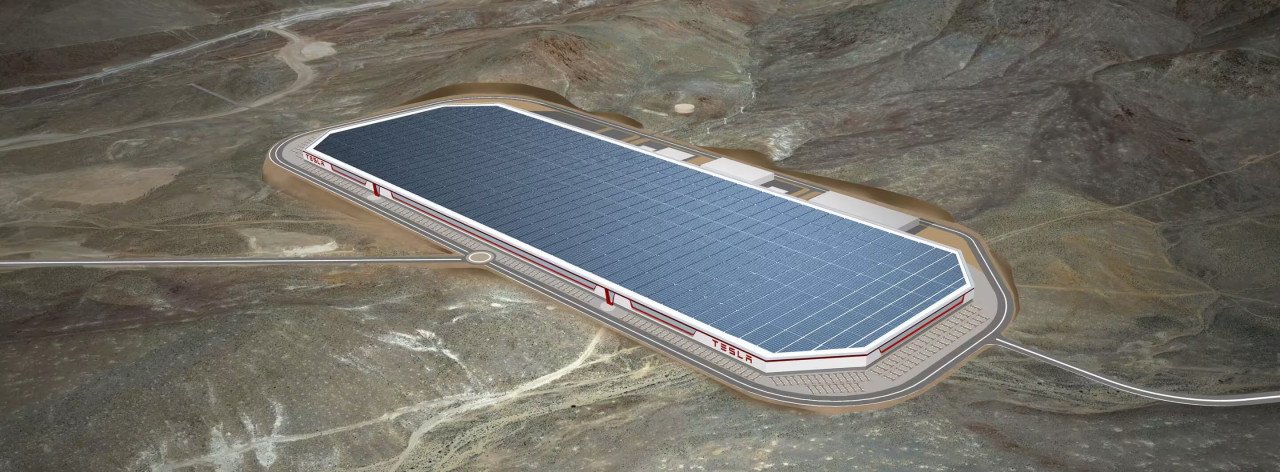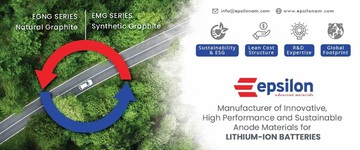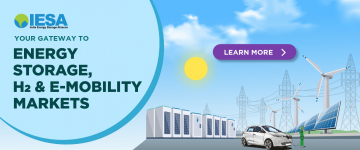Eye on EV Charging: Europe is a market of many players and multiple alliances
Well distributed and easy-to-access charging networks will be a vital factor for faster adoption of e-mobility. The networks need to provide fast, reliable and sustainable charging to enable seamless travel while assuaging range anxiety concerns. This series by Gurusharan Dillon* looks at the global market situation to glean insights into how charging ecosystems are developing across the world.
Tesla:
Tesla started opening its Supercharger network for non-Tesla electric vehicles in Europe in 2021 starting from the Netherlands, followed by Norway, France, Germany, Italy, Spain, Sweden and the UK. Facilitating access to the Supercharger network in Europe was relatively easier since Tesla Superchargers use the CCS2 connector, which is standard across Europe.
Ionity:
OEM alliances in Europe started in early 2017 with Ionity (a joint effort by BMW, Daimler, Ford, Volkswagen and Hyundai). The alliance, however, has built a network of only about 2,600 chargers since 2017.
Daimler:
While Daimler is a member of Ionity, its approach for its high-power charging network is to set up charging hubs in major cities and metropolitan areas near main traffic arteries and retail and service locations, including its car dealerships.
While these hubs will prioritize Mercedes drivers, who will get preferential rates and access thanks to a reservation function, the charging parks will also be open to all other vehicle brands with compatible technology.
BMW Group:
The BMW Group and E.ON have agreed on the first pan-European cooperation for intelligent charging at home. The co-operation will focus on at-home charging and create a holistic charging ecosystem allowing customers to connect their BMW or MINI with the energy system.
The cooperation aims to create "Connected Home Charging", a holistic charging ecosystem by creating a common interface combining BMW Group electric vehicles, customers' smart homes and the energy market.
While BMW will be responsible for the vehicles and charging hardware and manage customer interface, E.ON will take care of providing installation, electrical and connectivity services at customers' homes and ensuring sustainable energy tariffs and access to the energy market, which plays a key role in the intelligent control of charging processes.
Volkswagen Group:
Volkswagen Group has created a new automotive energy and charging division called Elli (short for Electric Life) that aims at providing carbon-neutral power across diverse charging network with access to more than 550,000 public charging points across Europe. Elli's goal is the digital networking of energy and mobility driven by its conviction that e-mobility can be sustainable, only if vehicles are powered by electricity generated on a CO2-free basis. The group aims to source renewable power from wind, solar and hydropower facilities in Germany, Austria and Switzerland.
In July 2023, Volkswagen became the first automotive company to be listed on the German electricity market (EPEX Spot Power Exchange). The basis for electricity trading is their stationary storage system made of e-up! batteries and a new, digital electricity trading platform.
In future, the stationary storage system – "PowerCenter" – will store energy traded on the electricity market. Volkswagen and Elli aim to harness the growing storage capacities of electric cars and batteries in future with the Power Centre system and make an important contribution to energy transition.
In September 2023, at the IAA mobility show in Germany (Munich), Elli showcased its Flexpole fast charging station connected to an integrated battery energy storage so that the installation does not require special transformers or costly constructions; it connects to the low-voltage grid instead and still delivers up to 150 kWh to charge a car. Shell and Volkswagen plan on gradually rolling out Flexpoles in Germany and other European countries.
Renault Nissan Alliance:
Renault Group with its most diversified line up of Electric vehicles in Europe and Nissan are considering jointly deploying charging infrastructure in Europe. Rival European automaker Peugeot has partnered with Octopus Energy offering access to over 400,000 public charge points across the UK and Europe.
Shell Recharge Network:
In April 2023, BYD partnered with the Shell Recharge network in Europe to offer preferential access to the network as part of its mobility service provider partnership with the oil company. BYD customers will receive an exclusive Shell Recharge network platinum membership that offers discounted charging at the network's fast and ultra-fast DC charging locations.
Shell Recharge will offer BYD customers access to over 300,000 charge points across Europe through a growing network of charge points at Shell stations, mobility hubs, destination, and on-street locations and one of Europe's largest roaming networks.
Milence:
Truck companies Volvo Group, Daimler Truck and Traton Group (Scania, MAN) have formed a joint venture for charging infrastructure in Europe called Milence that aims to build high-capacity public charging points in Europe to help accelerate transition to zero-emission heavy-duty vehicles.
Fit for 55:
In March 2023, the EU agreed on its landmark regulation on EV charging – the Alternative Fuels Infrastructure Regulation, or AFIR, that lays down a foundation for building a comprehensive network of EV charging stations across major European roads.
In July 2023, the European parliament approved new rules as part of its "Fit for 55" package intended to reduce emissions by 55 percent by 2030. These regulations focus on expanding access to fast EV charging networks by mandating minimum speeds and distances between charging stations.
Under the agreement, charging stations for electric cars will be placed every 60 km along the EU's main highways by 2026. Higher-powered chargers for trucks and buses must be rolled out on at least half of the EU's core network every 120 km by 2028, while hydrogen refueling stations will be installed at least every 200 km by 2031.
*The writer is Director of E-Mobility Consulting at Customized Energy Solutions India.

